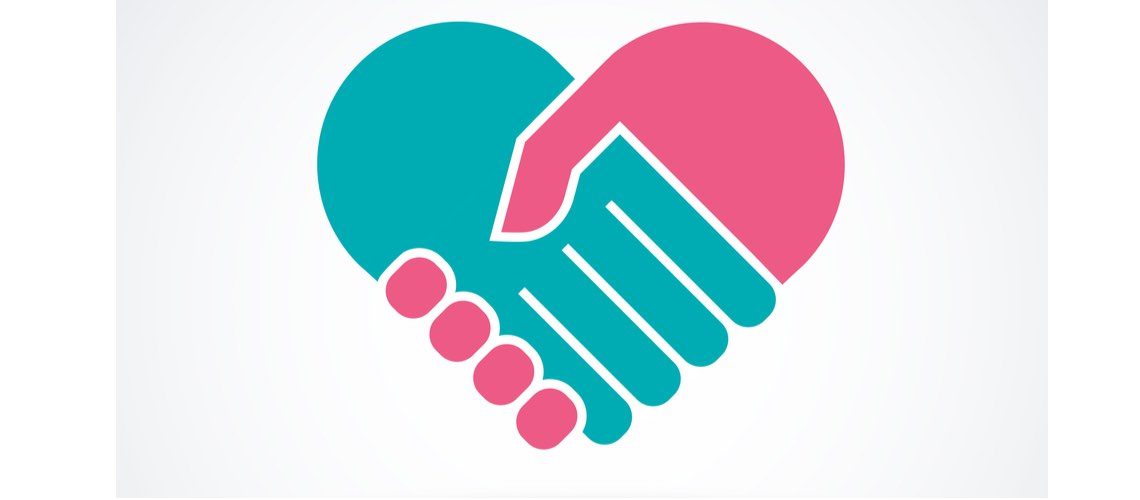The way COVID-19 is changing our lives brings understandable fear and anxiety. But the news also brings hope. We see extraordinary stories of heroic service and innovation by so many involved in the response, from health care providers, first responders and support staff who care for patients and keep facilities open and supplied.
Difficulty brings innovation and change. For example, the Office for Civil Rights (OCR) has greatly expanded opportunities to use telehealth and stay compliant with HIPAA, and the Centers for Medicare and Medicaid Services (CMS) is permitting reimbursement for telehealth services, for all providers. OCR temporarily suspended penalties for some HIPAA violations related to the good faith provision of telehealth including use of unencrypted communication apps while encouraging providers to warn patients of privacy risks when using an unencrypted app.
One result is that surveys have shown an explosion in the use of telehealth during the COVID-19 emergency. While these policy changes at OCR and CMS are temporary, we predict that demand among patients and providers will eventually ensure that telehealth will become common.
Today we want to focus on two areas of healthcare (which are sometimes overlooked) where change forced by COVID-19, should last beyond the pandemic and help create better healthcare for all.
Behavioral Health
The COVID-19 pandemic is causing more stress and anxiety for many, and for those with pre-existing mental health conditions, the situation may cause worsening symptoms. Community mental health and addiction treatment providers are struggling to keep up with demand and do it safely.
Now telehealth and telemedicine are providing a lifeline to those in need according to Paul Bretz, D.Min., LCSW, MHSA. He emphasizes that “…empirical research has demonstrated tele-behavioral health is essentially as effective as in-person treatment. We are a true lifeline for people in this really isolated time.”
And yet, the enormous stress and pressure of the pandemic is stretching behavioral health organizations to their limits. More funding is needed, the rules should be made more uniform and applicable more widely to reach as many providers and patients as possible. Although the recent CARES Act included $450 million for COVID-19 relief for the behavioral health sector, The National Council for Behavioral Health has asked Congress for additional funding to shore up community behavioral health organizations to meet the skyrocketing needs of their patients during the pandemic. Otherwise patients will show up in emergency rooms adding to demand at hospitals struggling to treat COVID-19.
Home Healthcare
Remember stories of doctors who made “house calls”? In the mid 20th century during the 50’s and 60’s, family doctors and pediatricians actually visited patients at home. Today, that role is reserved for the home healthcare workers, who directly provide healthcare, but are also front line workers in the COVID-19 response.
The role of home healthcare has expanded during the pandemic to help monitor patients discharged from the hospital, and patients not yet hospitalized, for symptoms and disease management. Home healthcare workers also provide emotional support and education for the family and the community. Community education is uniquely suited to home healthcare workers in the field who can teach hygiene, self care, and social distancing recommendations from the CDC and other public health authorities.
Telehealth is more available now to home healthcare providers, with additional changes from CMS last month.
Keep the Changes Healthcare Needs Beyond COVID-19
The value of telehealth stands out as never before. Federal agencies and private insurance companies reacted quickly to strip away barriers that stood in the way of widespread use of telehealth. While many of these changes are temporary we expect them to lead to permanent systems that will make telehealth commonplace. We see companies and regulators rushing to improve remote monitoring and communication security to protect patient privacy.
Behavioral health and home healthcare providers add essential community support for all of healthcare throughout the United States. Both segments see patients in their homes and local communities, relieving pressure on hospital systems. Both provide provide education and healthcare at a cost far less than large institutions. Both need more support to continue their critical roles now and in the future.
We will get through the COVID-19 public health emergency. And when we do, we expect patients, providers and payers will insist on temporary changes like telehealth being made permanent, and essential services like behavioral health and home healthcare receiving priority.

